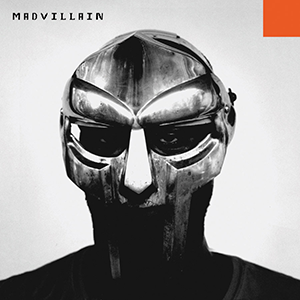On Aug. 17, 1977, a very sad and confused southern boy was found dead in his hotel room. Whether you believe it was the result of too many prescription pills, or simply too many stresses related to touring, it was without question a loss that had a powerful cultural impact worldwide.
It was at this point when the myth of Elvis became completely cut-off from his actual music. And it was at this moment when his then quite kitschy image prevented him from having seemingly any musical relevance at all. Elvis is currently associated with screechy blue-haired queens in Memphis, who place wreaths on his grave while discussing how they’ve seen him in their hotel rooms. Hopefully with the Dec. 9 release of “Elvis 75: Good Rockin’ Tonight” – celebrating what would be Elvis’ 75th birthday – all this will change.
For the first time, this box set will introduce this generation to the entire basis of the Elvis legend. We’ve seen the idea behind Elvis deconstructed, discussed and evaluated in film, literature and even the hordes of impersonators he inspired. However, many people of this generation have, up until recently, viewed him, and consequently his music as well, as dated relics of yesteryear. The release of this box set may change all that.
For most, the music contained on “Elvis 75: Good Rockin’ Tonight” needs no introduction. The early years are always going to be remembered as the peak, and the later over-orchestrated pop covers are always going to be dismissed. The key is to listen for the never-changing persona.
He never stopped being the nice southern kid who played “Love Me Tender” on an acoustic guitar. He didn’t know anything of social change, yet when the record producers put him in the studio to sing “In the Ghetto” he put his heart and soul into it, for better or for worse. While that song certainly isn’t ever going to be remembered as a high point in Elvis’ career, it carries its own kind of desperate charm. For that matter, so does much of the later material contained in this box set.
You can hear him lost in a studio filled with female backing singers and endless orchestras, unsure of where exactly he fits in. This is especially noticeable on his late-in-life rendition of “Unchained Melody.” The cascading pianos and angelic choirs threaten to overwhelm, but through it all we can hear the last gasps of life from the last days of a legend.
We can hear the promise in the early recordings, and see it fade as time goes by. The box set follows a logical chronological progression, and with the accompanying essay by Grammy-winning music writer Billy Altman we are given the full tale of Elvis’s personal life and musical career. The essay reads as a breathless account from a fan who knows every Elvis tale, and has read every biography. It is a valuable part of this wonderful set.
Certainly, the voice comes across as maudlin today. But there never really feels like a moment that it could be any other way. Every song was Elvis being Elvis. He knew no other existence. Sometimes he was jubilant. Sometimes he was melancholy. Sometimes he was lustful. At all times, he was Elvis.
Mark Schiffer can be reached at [email protected].






